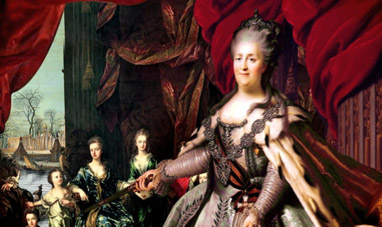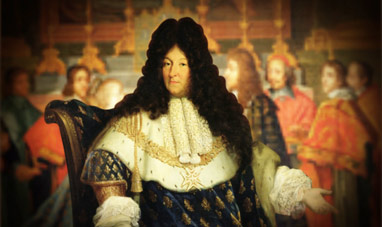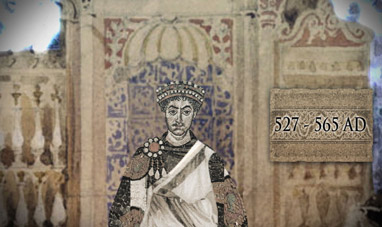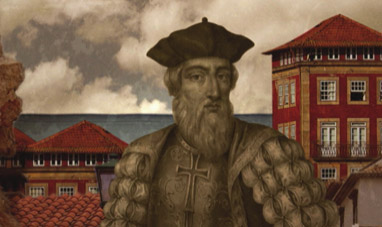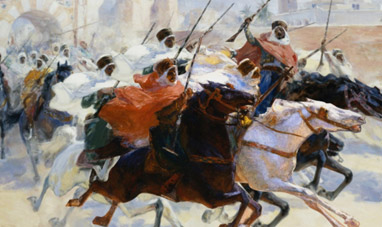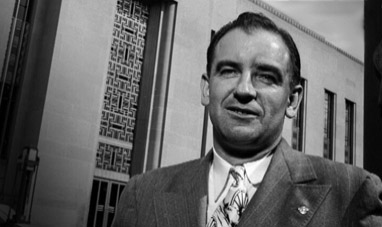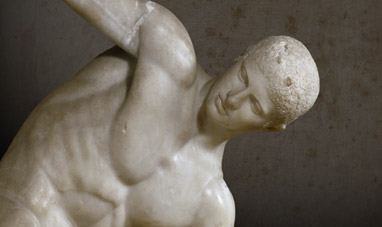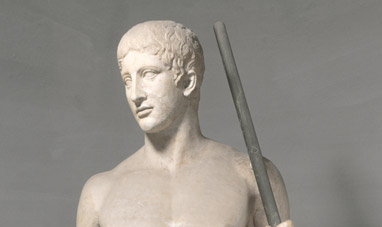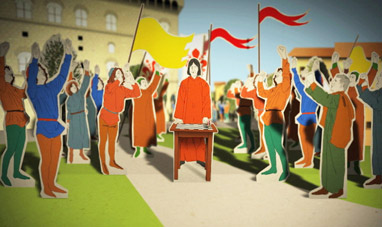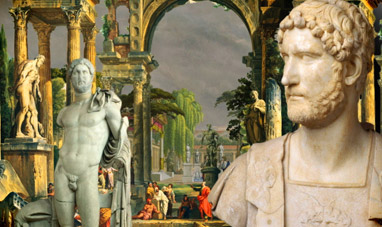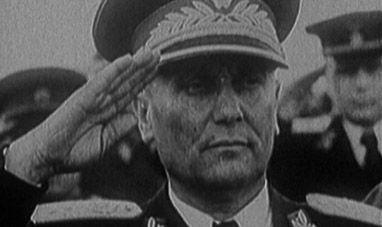Pericles was a Greek politician who lived in the 5th century BC, and who contributed to the advancement of democracy.Pericles was born in Athens in 495 BC, into an aristocratic family. At the time, Greece was divided into poleis, or independent city-states.
Athens already had a form of democracy. the city was governed by a Council of citizens, and had a people’s tribunal. Since political activity was not remunerated, it was undertaken exclusively by the wealthy.The city was divided into two factions. The conservatives aimed to keep power in the hands of the landed aristocracy. The democrats, on the other hand, advocated trade and popular participation in municipal decisions. Pericles entered politics as a democrat, alongside their leader Ephialtes.
In 461 the conservatives lost power. The political climate became difficult, and in the midst of general unrest and uncertainty, Ephialtes was assassinated. Pericles found himself leading the democrats, responsible for governing the city. Pericles immediately introduced a number of reforms. He established payment for those who contributed to running the city, and defined the concept of citizenship: everyone would enjoy the same rights in Athens, but only those born to Athenian parents could be considered citizens and take part in political life. Thanks to these reforms, the people of Athens played an integral role in the city’s development, creating strong sense of belonging to Athenian society.
Pericles’s foreign policy was aggressive, and aimed at expanding Athenian influence throughout the Greek peninsula and the Eastern Mediterranean. He took on two enemies at once, the Persian Empire and rival Greek city-states. Pericles secured commercial control over vast territories. [For graphics: show Beotia, Locris, Phocis, Aegina Island]
This was Athens’ golden age, and the city grew rich thanks to expanding commerce. Domestic political stability encouraged the spread of Athenian culture. This fertile ground yeilded tragedies by Aeschylus, Sophocles and Euripides, and philosophical thought by Anaxagoras and Protagoras. With Phidias, sculpture found its finest expression in the Acropolis complex, and in the Parthenon in particular.
The increasing power of Athens worried another major Greek polis: Sparta. Considering war inevitable, in 431 BC Pericles provoked Sparta and caused fighting to begin. The Peloponnesian War [431 – 404 BC] had started. The first stages of the conflict did not go well for Athena, and Pericles lost consensus among Athenians. His authority was further undermined by accusations that he had misused public money.
Yet neither war nor accusations felled Pericles, but rather an entirely unexpected enemy: in 430 BC the plague struck Athens and Pericles fell ill. Pericles died of the plague in 429 BC. He was responsible for 30 years of government and epochal reforms that marked the history of Athens and of democracy.
Athens already had a form of democracy. the city was governed by a Council of citizens, and had a people’s tribunal. Since political activity was not remunerated, it was undertaken exclusively by the wealthy.The city was divided into two factions. The conservatives aimed to keep power in the hands of the landed aristocracy. The democrats, on the other hand, advocated trade and popular participation in municipal decisions. Pericles entered politics as a democrat, alongside their leader Ephialtes.
In 461 the conservatives lost power. The political climate became difficult, and in the midst of general unrest and uncertainty, Ephialtes was assassinated. Pericles found himself leading the democrats, responsible for governing the city. Pericles immediately introduced a number of reforms. He established payment for those who contributed to running the city, and defined the concept of citizenship: everyone would enjoy the same rights in Athens, but only those born to Athenian parents could be considered citizens and take part in political life. Thanks to these reforms, the people of Athens played an integral role in the city’s development, creating strong sense of belonging to Athenian society.
Pericles’s foreign policy was aggressive, and aimed at expanding Athenian influence throughout the Greek peninsula and the Eastern Mediterranean. He took on two enemies at once, the Persian Empire and rival Greek city-states. Pericles secured commercial control over vast territories. [For graphics: show Beotia, Locris, Phocis, Aegina Island]
This was Athens’ golden age, and the city grew rich thanks to expanding commerce. Domestic political stability encouraged the spread of Athenian culture. This fertile ground yeilded tragedies by Aeschylus, Sophocles and Euripides, and philosophical thought by Anaxagoras and Protagoras. With Phidias, sculpture found its finest expression in the Acropolis complex, and in the Parthenon in particular.
The increasing power of Athens worried another major Greek polis: Sparta. Considering war inevitable, in 431 BC Pericles provoked Sparta and caused fighting to begin. The Peloponnesian War [431 – 404 BC] had started. The first stages of the conflict did not go well for Athena, and Pericles lost consensus among Athenians. His authority was further undermined by accusations that he had misused public money.
Yet neither war nor accusations felled Pericles, but rather an entirely unexpected enemy: in 430 BC the plague struck Athens and Pericles fell ill. Pericles died of the plague in 429 BC. He was responsible for 30 years of government and epochal reforms that marked the history of Athens and of democracy.




